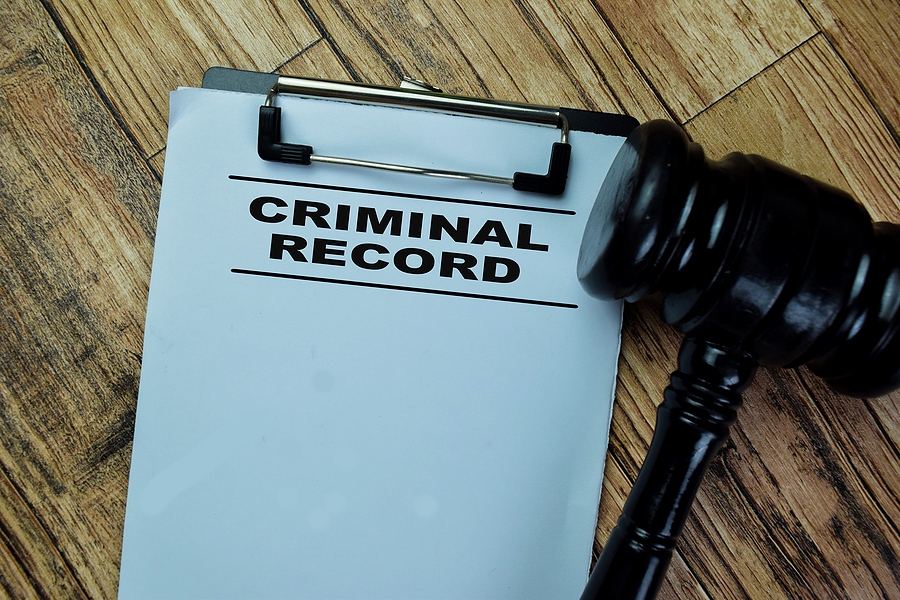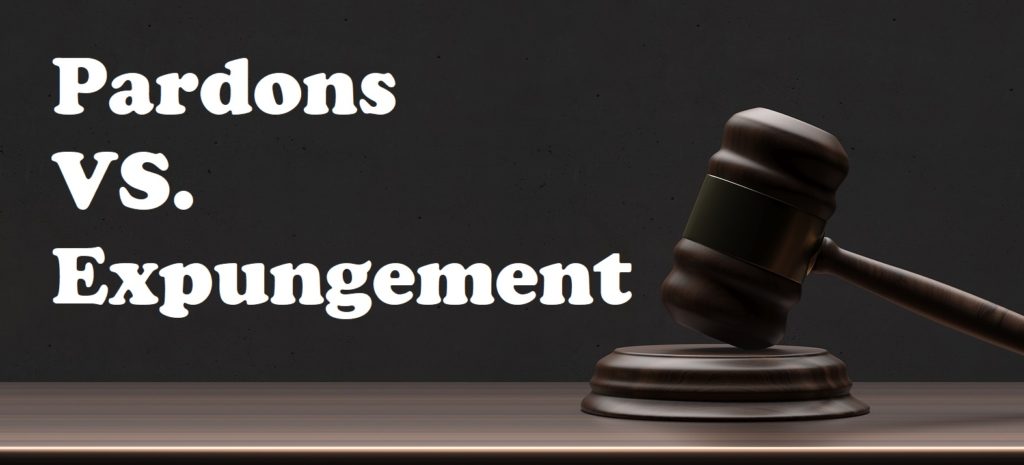Reintegrating into society after a conviction can be challenging. A criminal record often acts as a barrier, affecting various aspects of your life. This is where criminal record expungement comes in. Essentially, it means sealing or erasing past convictions from public records, giving ex-offenders a second chance. For Indiana residents, understanding the expungement law and its limitations is crucial for those seeking a fresh start.

Overview of the Indiana’s Expungement Laws
Indiana’s expungement law, also known as the Indiana Second Chance Law, provides a legal pathway to seal or expunge eligible criminal records. However, not all convictions are eligible, and specific criteria must be met:
Eligibility criteria: Different categories of offenses have distinct eligibility requirements. For example, non-conviction records can be expunged one year after the arrest, while misdemeanors and Class D felonies can be expunged five years after the conviction.
Types of Offenses: Felonies that resulted in serious bodily injury or sexual offenses are not eligible for expungement.
Waiting Periods: Depending on the category of offense, the waiting period can range from one year to ten years or more.
Limitations and Restrictions to Criminal Record Expungement
While the expungement law offers a lifeline, it comes with limitations. This legal measure allows individuals to clear certain criminal records, providing them with opportunities to rebuild their lives. However, not all offenses are eligible for expungement, and the process can be complex and time-consuming. It’s important to understand the specific criteria and legal requirements involved to take full advantage of this opportunity.
- Waiting Periods: Each category of offense has a mandatory waiting period before you can file for expungement. These can range from one year to a decade, depending on the severity of the crime.
- Non-Eligible Offenses: Certain offenses, including crimes involving serious bodily injury or sexual offenses, cannot be expunged.
- One-Time Opportunity: In Indiana, you can only file for expungement once in your lifetime, so it’s crucial to get it right the first time.
The Impact of a Criminal Record
A criminal record can severely impact various aspects of life, from obtaining employment to securing housing, and even accessing educational opportunities. This makes the expungement process invaluable, as it provides individuals with a chance to clear their records and rebuild their lives without the burden of past mistakes. Despite its limitations, expungement can significantly improve your quality of life by removing these barriers.
- Employment: Many employers conduct criminal background checks, which can be a significant hurdle if your record is not expunged.
- Housing: Landlords often run background checks, and a criminal record or criminal eviction can make it challenging to secure housing.
- Education: School admissions officers may consider criminal history, affecting your chances of getting into certain programs.
- Personal Life: From dating to social interactions, a criminal record can affect personal relationships and your overall sense of self-worth.
Guidance for Expungement Seekers
If you’re considering expungement, here are some steps to guide you:
- Determine Eligibility: Review the eligibility criteria for your specific offense category. Check the waiting periods and ensure you meet the requirements.
- Filing for Expungement: The process involves submitting a petition to the court. You may need to provide documents such as your criminal history, proof of rehabilitation, and other supporting materials.
- Legal Counsel: Given the complexity and one-time nature of the expungement process, seeking legal advice from an experienced expungement lawyer is highly recommended. They can help ensure your petition is well-prepared and increase your chances of success.
Conclusion
Navigating the maze of Indiana’s expungement law can be daunting, but it’s a crucial step towards a better future. The process involves multiple steps, including filing petitions and attending court hearings, which can be overwhelming without proper guidance. If you’re considering expungement, don’t go it alone.
Seek professional advice from a qualified criminal defense lawyer who specializes in expungement cases to maximize your chances of success. They can help you understand the eligibility criteria, gather necessary documentation, and represent you in court, ensuring that your rights are protected throughout the process.
Taking the next step to clearing your criminal record can open doors to new job opportunities, housing options, and a fresh start. Are you ready for all that? Contact our esteemed criminal defense lawyers for affordable criminal record expungement services in Indianapolis, Indiana. Our fees start as low as $850, and we never charge for initial consultations.
Related Posts:
Indiana’s Criteria for Criminal Record Expungement
The Road to Redemption: Who Qualifies for Expungement in Indiana?
Limits to Criminal Record Expungement in Indiana










